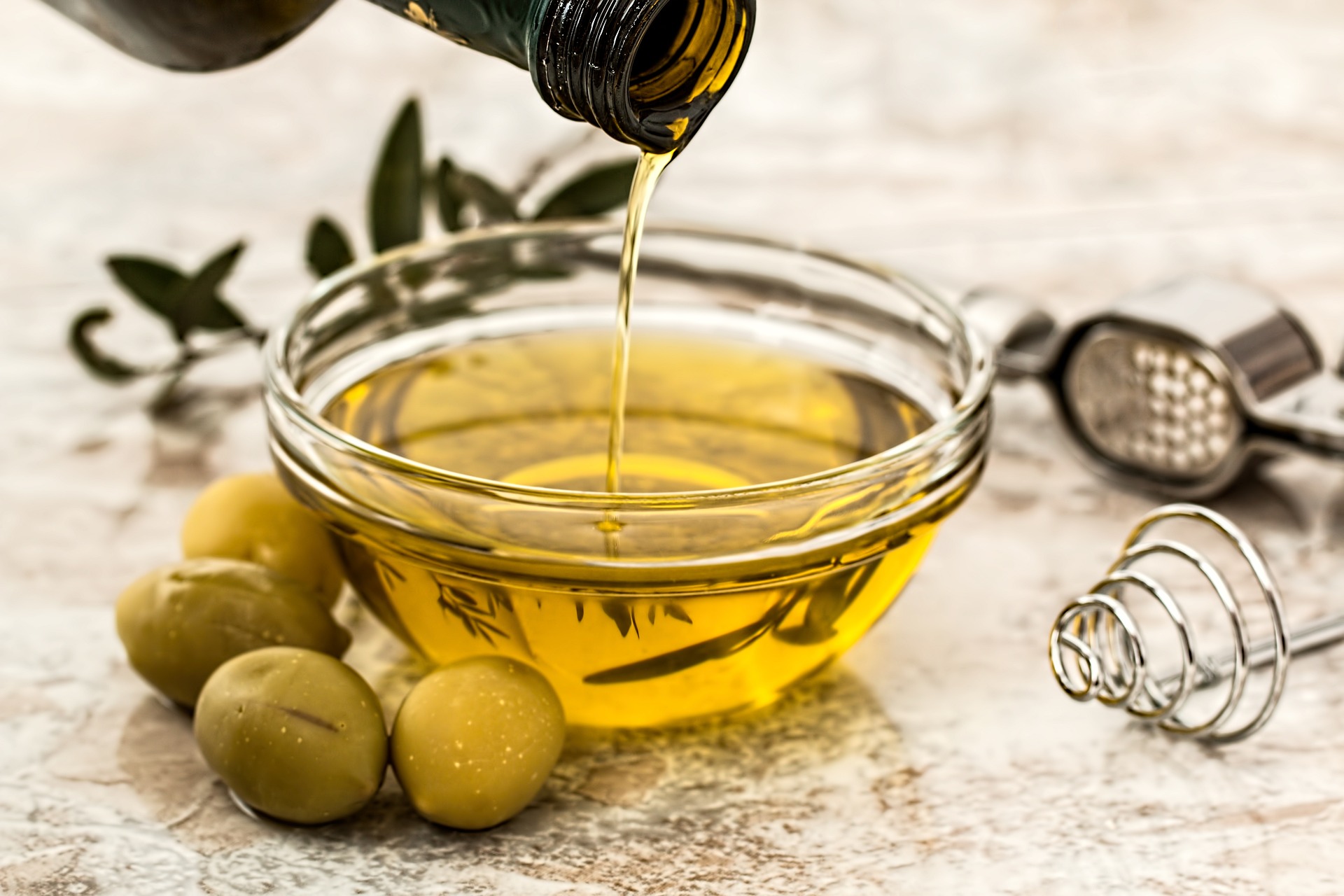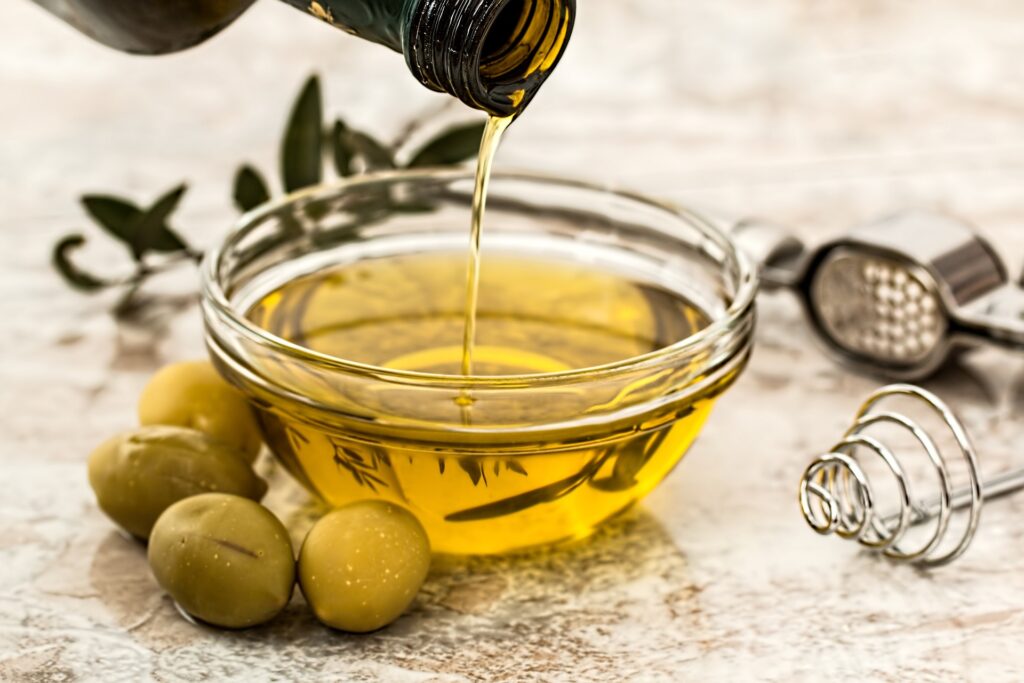
Image: Pixabay
With an agenda focused on the inspection and correct classification of extra virgin olive oil entering the national market, olive growers took a big step this week in Brasília. The Brazilian Olive Growing Institute (Ibraoliva) held an intense schedule of meetings at the Presidency's Communication Secretariat and the Ministries of Justice and Agriculture.
The first meeting was with the chief minister of the Social Communication Secretariat of the Presidency of the Republic, Paulo Pimenta. “He received us with great attention and was already committed to the cause,” said the entity's president, Renato Fernandes, explaining that the minister forwarded various causes in the sector to different bodies.
{module Form RD}
After that, Fernandes had two technical meetings. One of them, at the Ministry of Justice, Ibraoliva held a presentation of extra virgin olive oils produced in Brazil, with tasting. To the director of the Department of Consumer Protection and Defense, Ricardo Blattes, the institute presented nine demands and was promised a brief response to all of them. The second was at the Ministry of Agriculture, with the executive secretary Irajá Lacerda. The president of the entity said that the issue of fraud and erroneous classification of extra virgin olive oils in Brazil will be discussed at an internal meeting of the Ministry, for which new subsidies have already been requested.
Renato Fernandes highlighted, in all meetings in Brasília, that an immediate intensification of work on the Sensory Panel is necessary. The Panel, belonging to the Ministry of Agriculture and certified by the International Olive Oil Council (IOC), is made up of a group of people trained to taste an olive oil and identify aromas and flavors that, depending on the presence or absence of defects, can indicate whether an olive oil is olive oil is virgin, extra virgin or lampante, which is how olive oils are classified under Brazilian legislation. “What we want is a stronger implementation, a work to publicize these analyzes that are being carried out with this high failure rate”, explained Fernandes. Ibraoliva has a permanent campaign that aims to clarify the difference between virgin and extra virgin olive oil and that there are products that enter the country with the wrong classification, generating confusion among consumers who can be harmed not only economically, but also to their health.
Also among the measures requested by Ibraoliva, in addition to controlling national and imported olive oils, is knowing and understanding the tax benefits and commercial agreements for imported olive oils and verifying the subsequent withdrawal of these benefits. The institute also wants support from the Ministry of Agriculture and the Ministry of Economy for Brazil's entry into the IOC and facilitation and guidance for the export of Brazilian olive oil.
Source: Notícias Agrícolas











